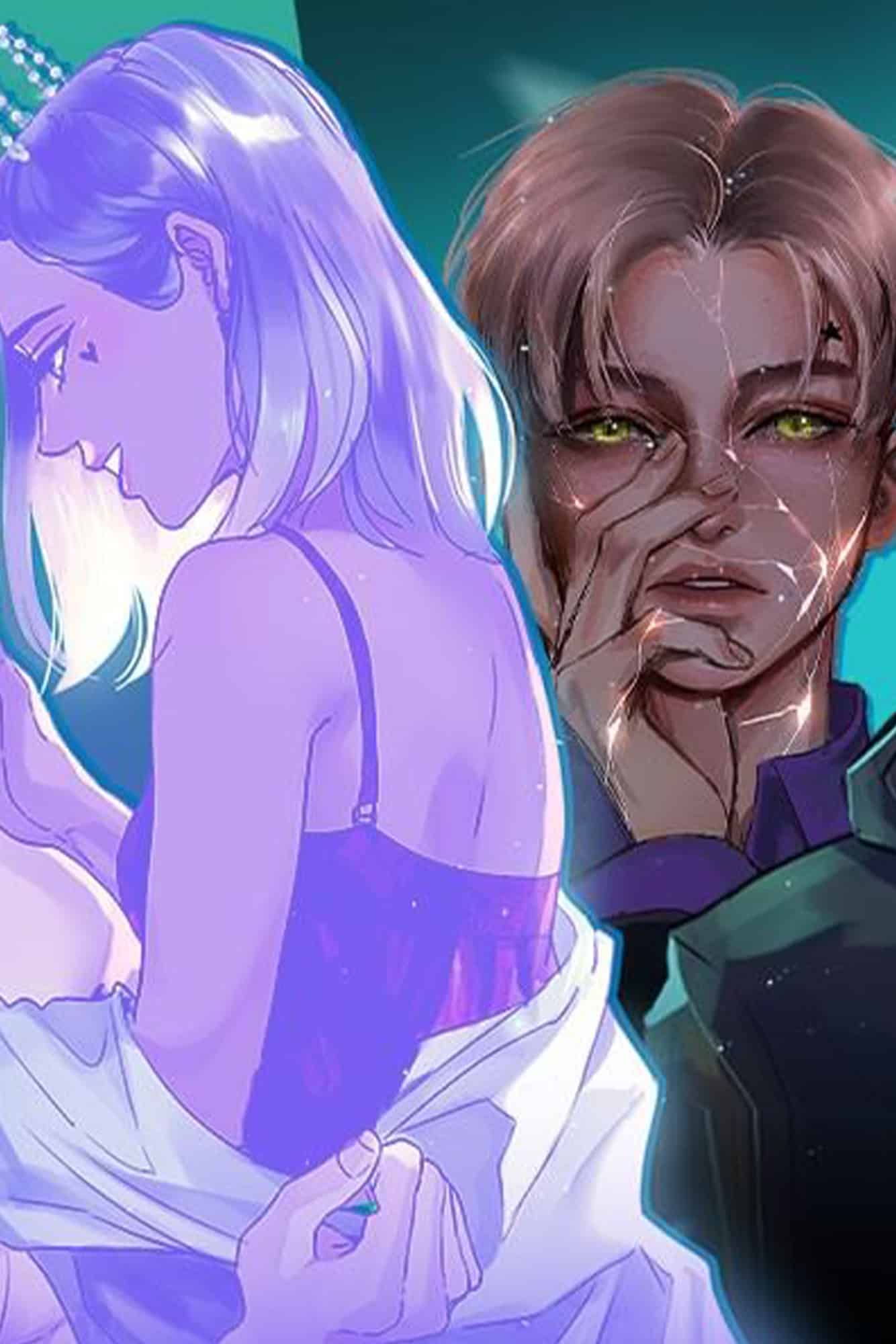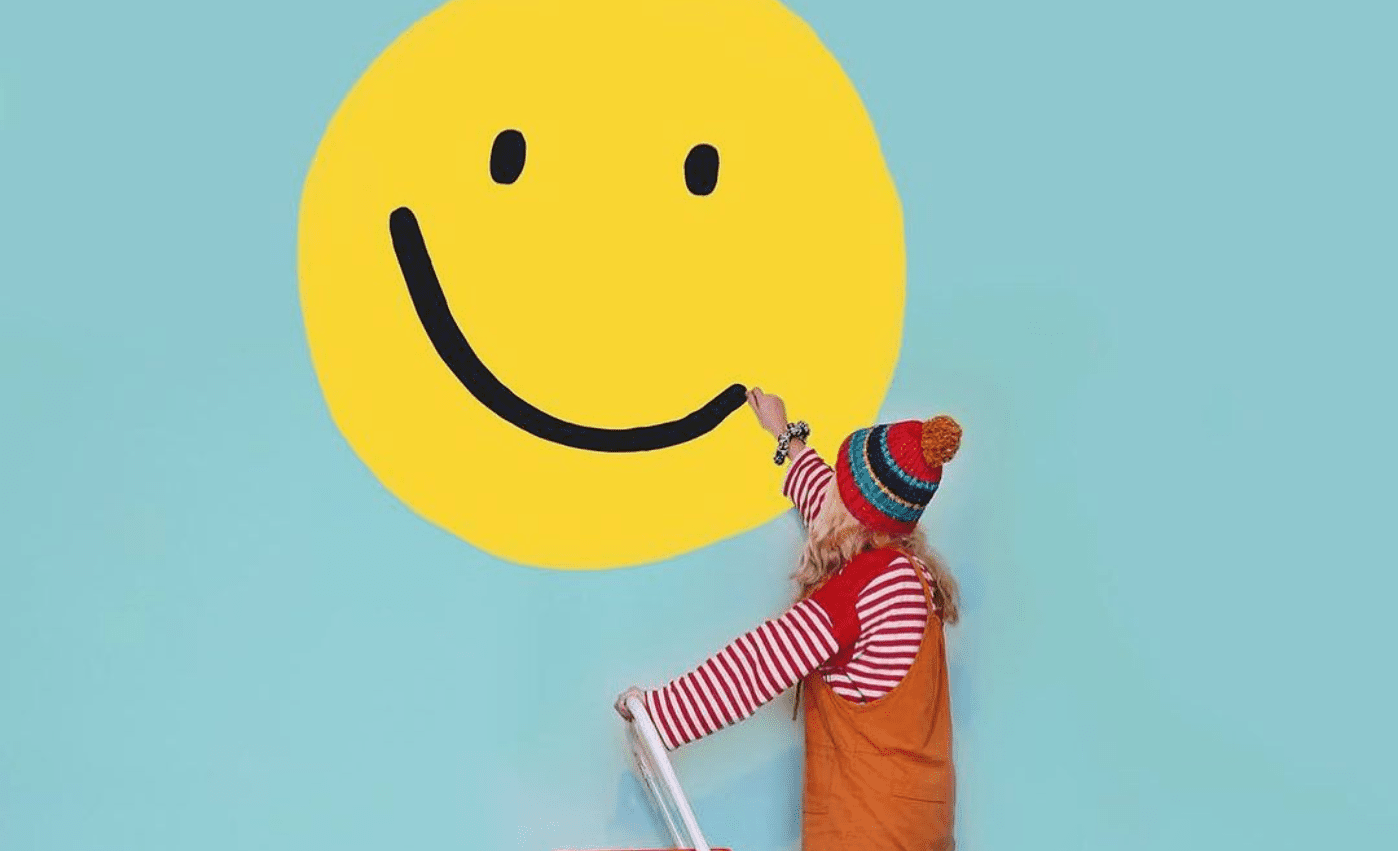Five years since its last update, Tumblr’s most infamous blog is relevant again. Last week the author of Your Fave is Problematic finally revealed her identity in piece for the New York Times. It was a bold move; the page made endless enemies throughout its tenure, thanks to its mission to unmask the mishaps of our favourite celebrities both past and present. Whether they’d been sexist, racist, homophobic, transphobic, ableist or displayed unsavoury behaviour or sentiments of any kind, at the end of the day the author (now known to be then-high schooler Liat Kaplan) just wanted to prove that even your favourite celebrity was imperfect.
Except it went further than that. Kaplan noted that the project ended up becoming “vengeful public shaming masquerading as social criticism” and that her teenage self didn’t yet understand the nuance of human behaviour. This problem wasn’t exclusive to her. Just as Kaplan lumped together celebrities who’d tweeted comments like “you act like a little girl” with those actually arrested for assault, Tumblr’s form of justice tended to operate in black and white. Posturing was just part of the race to become the cleverest, most socially aware teenager on the site.
Tumblr in the age of cancel culture
If this sounds familiar, that’s because this was cancel culture before we knew it as cancel culture. When conversations arise about cancel culture, critics normally point at the difference between calling people out and policing their entire existence. Tumblr rarely drew a line between the two. The site introduced an entire generation to the concept of social justice and many put this interest to good use on more mainstream platforms even today. At the same time it harboured endless communities like Your Fave is Problematic that saw cancelling not as a way to enforce accountability, but to gain credibility for their “right” opinions.
It’s difficult to comprehend that a concept as global as cancel culture was born on a microblogging platform that was only really popular for about five years, but a lot of people forget how integral Tumblr was to popular culture at its peak. This wasn’t just a site for hardcore Harry Potter readers and fanfiction (although that was potentially its liveliest demographic). In 2012, Beyoncé dropped the first public pictures of her daughter Blue Ivy Carter on the site. When Taylor Swift rebranded to pop music and first went stratospheric in 2014, it happened to be the same year she made the unique move to join Tumblr and integrate herself into her own fandom. And without Tumblr’s relentlessly loyal users, it’s unlikely a random boyband on a British reality show would’ve found the kind of global success experienced by One Direction.
You may also like
Tumblr didn’t create fan culture, but undoubtedly shaped it into what it is today. You can see shades of it on TikTok. It inherited its vocabulary directly from the site and a lot of the conversations in various fandoms are just visual adaptations of those started on Tumblr years ago. It’s not just TikTok that does this – Twitter’s most “controversial takes” and “Instagram activism” usually read like regurgitated or watered down discourse from the mid-2010s. Tumblr even lives on in our fashion content, with Gen Z having it to thank for aesthetic personalities like cottagecore and dark academia.
Of course, there’s a reason you can feel this influence so strongly across the internet: most Tumblr users don’t actually use the site anymore. Bought out by Yahoo in 2016, the beginning of the end was the platform’s decision to scrub it clean of all adult content. This was intended to solve the very real problem of an increasing amount of inappropriate images circulating the site, but had disastrous consequences. Users left in droves and migrated to other platforms, bringing Tumblr’s strengths and flaws with them.
And this is where other platforms should take note. There were other things at play behind the mass Tumblr exodus – its failure to embrace video hurt it massively, its anonymity put younger users at risk and unlike Instagram or TikTok there was no real way to profit off becoming “Tumblr famous”. However, the key issue was that it just didn’t understand its audience anymore. Overzealous in its attempts to clean up its darker corners and make it more profitable, almost every blog ended up being flagged “inappropriate”. Censoring adult keywords and images erased years worth of content covering everything from sexuality to Marvel movies. Having failed to put parameters in place sooner to control its more dangerous communities, it ended up blowing up the entire website overnight.
What made Tumblr so popular was its creativity and openness. These were the elements that birthed its more unsavoury aspects (as well as the attitude that let Your Fave is Problematic thrive for so long) but also breathed new life into fandom and the way teenagers in particular used social media. Some parts of it are best left in the past. But now that platforms like TikTok have inherited Tumblr’s leftovers, they should take what made it great, run with it, and avoid a similarly catastrophic rebrand at all costs.
By Chloe James, fashion and beauty editor for CORQ.










Fanfiction has been reborn by TikTok, creating new kind of influencer